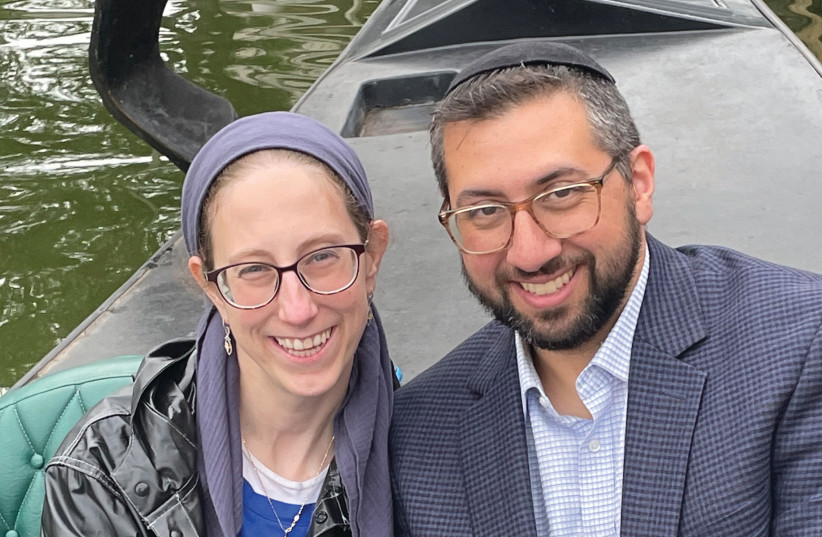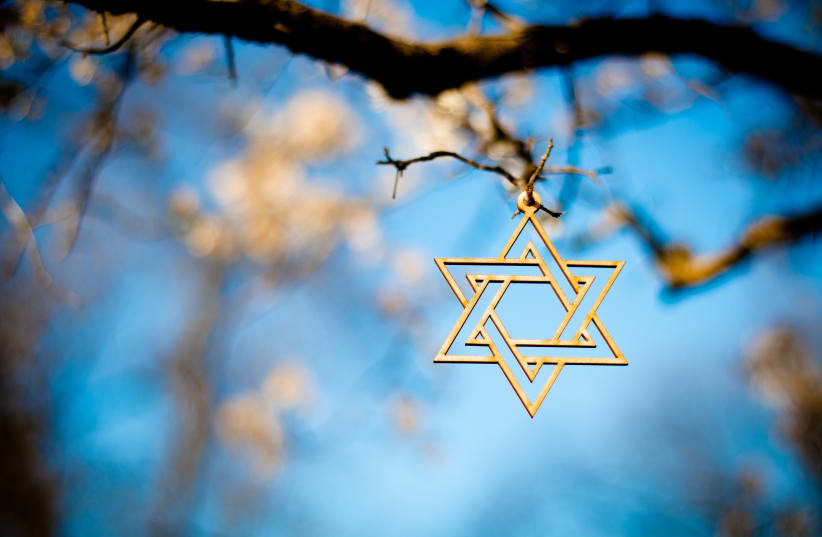Yom Kippur is literally “The Day of Atonement,” but what does “atonement” mean? When was the last time you used “atonement” in a text or casual conversation? The words sound so musty and archaic, like it is a relic of a forgotten epoch.
Kippur, or Kapara, literally means, “cleaning” or “cleansing.” Just as the custom is to wear white, and emulate celestial beings who do not eat, the day itself is one of joyful recharging. Like emerging from a ritual bath we emerge from Yom Kippur anew – with new hope, new potential, and new beginnings open before us.
The Mishna describes how Jews in Israel experienced Yom Kippur two millennia ago. It states that Yom Kippur and Tu Be’av were days of dressing in white and dancing in the fields, inviting new relationships and new ventures. Despite popular associations, the day is not at all morose or oppressive, despite that some places of worship contribute to this misconception.


Every holy day is referred to in the Torah as a mo’ed, which literally means a “meeting.” In English, the phrase “I have a meeting” refers to an appointed time to interface with someone. Therefore, every mo’ed is meant to be relationship-oriented, a time of dedicated love and care. We create the time and space to minimize the flutter of constant notifications and news feeds.
Maimonides codified in Jewish law that God gave festivals to the Jewish people in order that they should enjoy and delight in them. We designate these days to enjoy cherished relationships with our loved ones and friends, whom we are often too busy to focus on and too overprogrammed to prioritize. But how exactly do I focus on relationships while fasting and spending time in the synagogue? How are relationships built with family or community on Yom Kippur if I am focused on pangs of hunger and thirst?
The answer that resonates with me is that Yom Kippur is not just a regular day of divine “meeting.” It is exceptional among holidays. In English, again, a meeting to which we refer that encapsulates the most love and care between people is called a “date.” Curiously, that word also carries the same double meaning.
There is a date on a calendar, as well as a date when romantic partners designate time for one another. If Jewish holy days in general are points of meeting between us and the Creator of the Universe, Yom Kippur is even more intimate.
Metaphorically, it is the ultimate date between each member of the Jewish people and the Holy One.
On Rosh Hashanah, we relate to the King of the Universe, who created the Heavens and the Earth. On Yom Kippur we focus on our relationships, how we make the most of our placement in the world. The amorphous, humongous Creator (as they say here in Israel “anak!”) with billions of creations also cares about my individual choices, hardships and journeys. Astounding!
KNOWING THAT I am accountable for my actions, means that I count. Suddenly this date has infused my life with cosmic significance. That is why Rosh Hashanah is about the collective, the world as a whole, economics and ecology, Jews and non-Jews, always in aggregate. No mention of the individual appears in Rosh Hashanah liturgy. Yom Kippur is about me specifically. I have the opportunity – arguably the imperative – as the worshipper of the day to ask the important questions: What is my contribution to the human enterprise? How will I actualize my destiny as part of the Jewish people?
After aliyah, these questions have new meaning for me. I reaffirm my commitment to being part of the destiny of the Jewish People. We merited to plant our familial roots in the Holy Land (at the buzzer just before shmita, the sabbatical year). This Yom Kippur I can add to my list of introspective queries: “How will I contribute to the rebuilding of Israel?” What unique role do I have in shaping the formation of the Jewish state?
Each mo’ed is a meeting point, or a date with the Divine, the Land of Israel is where we rendezvous. It is home. It holds our family history and destiny. Israel is the heart of our people, as the late Elie Wiesel wrote: “Jerusalem is the heart of our heart.”
According to Jewish sources, there are echelons of holiness in space and in time. Shabbat and the festivals are the pinnacles of sanctified time. The Land of Israel is the pinnacle of sanctified space. To experience Yom Kippur in Israel is to grasp the synergy of the most sanctified point in time and the most sanctified point of space.
The Kabbalah teaches the sanctity of Shabbat in the Diaspora is compared to the holiness of the weekday in the Holy Land. The sanctity of Yom Kippur outside of Israel is compared to the holiness of Shabbat in the Land. But the experience of Yom Kippur in the Land has no equivalent in time and space anywhere else on Earth. In my first Yom Kippur as an Israeli citizen, I look forward to building even more of an intimate relationship with God as “Avinu Malkeinu” – not just the King of Kings but a loving Father.
If I am an intellectually honest student of Jewish history, I can admit that the hatred which is unfolding before our 21st century eyes is not anomalous. Our miraculous return to Zion bespeaks the beginning of the fulfillment of Tanach’s promises and prophecies (the 24 books of the Hebrew Bible). Jewish destiny is bigger than any individual.
A committed relationship demands more than just expressing warmth with a loved one, it means standing up to those who demean and detest her. In 2021, living a Jewish life means more than ritual observance, it means deciding to stand with Israel, her courageous citizens and Jewish destiny. If I don’t stand up for those I love, I will watch destiny proceed without me. In this merit, along with an increase in dedication to mitzvot and good deeds, this Yom Kippur is sure to inspire the greatest resilience within us.
